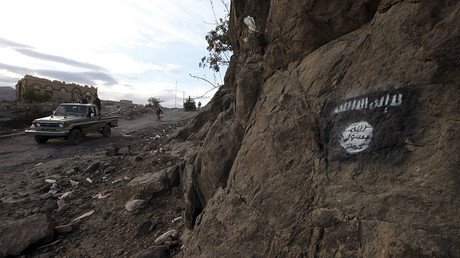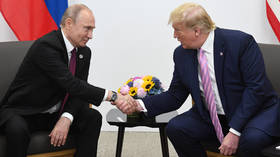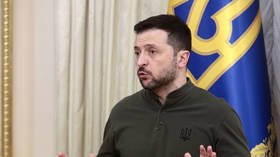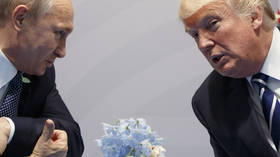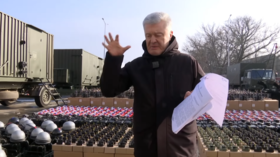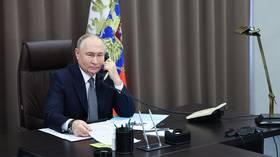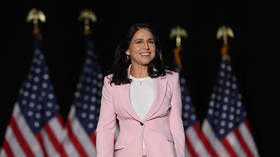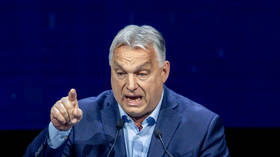RT Arabic anniversary: 10 years of gaining ground from MSM
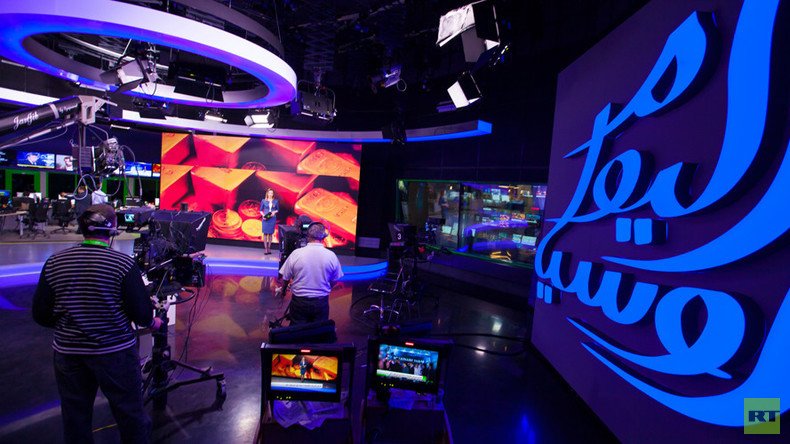
The second channel launched in RT’s network – RT Arabic – is marking its 10-year jubilee. The years proved fruitful as the medium gained vast traction, ranking among the most-watched news channels in a number of Arabic-speaking countries.
The channel that went to air 10 years ago, May 4, 2007, becoming the first Russian broadcaster in Arabic 24/7.
“In 10 years we were able to break the monopoly of several leading Arabic channels and present an alternative point of view, while retaining of course, opinions’ variety and pluralism, which often draws criticism,” program host of ‘Travel in Memory’, Haled ar-Rushd, said.
The channel is keeping up with key events around the globe and, in particular, the Middle East. RT Arabic crews covered the 2009 Israeli-Palestinian conflict, when it was the only Russian outlet reporting from Gaza, despite its local office being destroyed by shelling.
It also reported about NATO regime-change operation in Libya, the Syrian civil war, and the spread of Islamic State (IS, formerly ISIS/ISIL) in Iraq, as well as covering events in Afghanistan and Turkey.
In 2011, just four months before Libyan leader Muammar Gaddafi was brutally killed, RT Arabic carried an exclusive interview with the colonel's son, Saif al-Islam Gaddafi, who likened his country to “McDonald’s for NATO,” which wanted “a fast war and a quick victory” to capture the resource-rich country.
“Our main goal is to precisely and truthfully present credible information. We don’t take anybody’s side and that’s not because we don’t have our own position. The reason is that if a program or news host tries to impose his concrete point of view on a viewer or a reader, this is a violation of viewer’s freedoms,” says Salam Musafir, host of ‘In a Word’.
RT Arabic swiftly gained a large audience in the Middle East and North Africa. Some 6.7 million viewers watched the channel every day in Egypt, Morocco, Saudi Arabia, Jordan, UAE and Iraq, according to 2016 Ipsos statistics. Overall, 11 million people watched RT Arabic daily across the Middle East and North Africa region, 2015 Nielsen research indicated, while RT Arabic was among top-three most-watched news channels in six Middle Eastern and North African countries than UK’s BBC Arabic and Sky News Arabia, US’ Al Hurra and China’s CCTV in Arabic.
The channel embraced cutting-edge technology, such as 3D and 360°, in its production, establishing a bold foothold on social media platforms, even beating RT International on Facebook and Twitter. In October 2016, the number of RT Arabic subscribers on Facebook surpassed the 10 million mark, which is five times more than CNN Arabic had. This made RT Arabic one of the top-three most-popular news outlets in the Arabic-language sector of Facebook.
